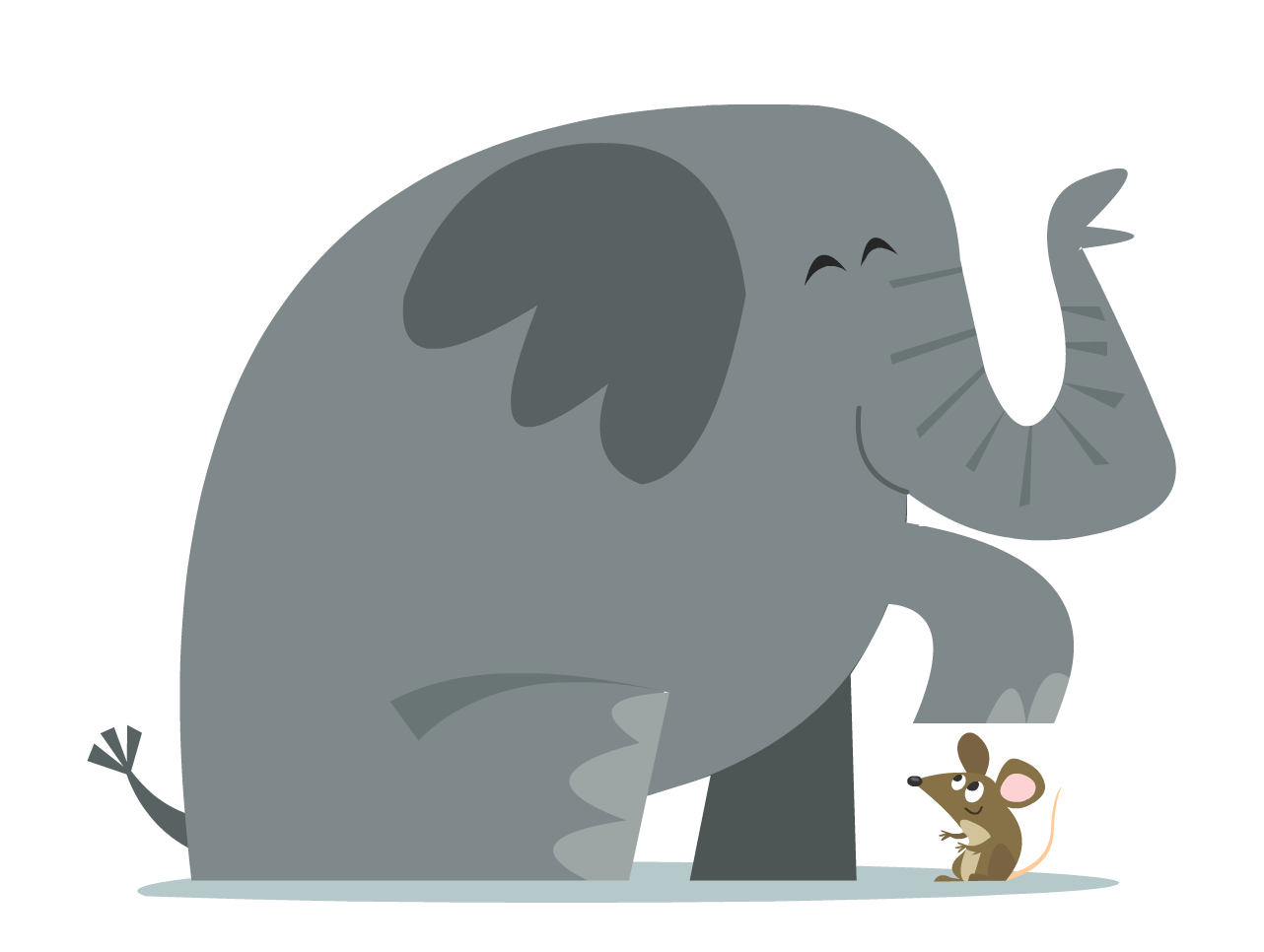
Have you ever been on the receiving end of an experience where someone you have trusted has let you down? Or perhaps you have had your fingers burnt by exposing your vulnerabilities? It can be very upsetting and there is a view that trust can take years to build, seconds to break and potentially forever to repair.
The advantages of cultivating trust however far outweigh the negatives and as you go through life it is important to challenge any cynicism you may harbour.
If you live in a world of mistrust you will always be on high alert waiting for the next thing that is potentially out to get you. Trusting that you can cope with responses from others and situations that may not be ideal, is important in terms of helping you to relax more and manage your stress levels.
Trust, in many ways it is the glue that holds relationships together and when you let down your barriers and learn to trust it will help you to develop richer and stronger connections with others. As Stephen Covey so eloquently put it – When the trust account is high, communication is easy, instant and effective.
Building trust will help you to be more open and receptive to new experiences and in turn make life much richer and more exciting. Beyond your comfort zone is where the real magic happens.
Here are five ways that you can build trust:
1. Trust yourself
The key to building trust is to first of all trust yourself because if you don’t trust yourself why should you expect anyone else to? Being true to yourself and your personal values is key to living with integrity. Cultivating a strong sense of self-efficacy and self-compassion will help you to feel grounded and confident.
2. Lead by example
If you want other people to trust you, you need to demonstrate your trust in them. We all watch and take cues from each other so leading by example is a great way to cultivate a trusting environment for people to feel more comfortable about taking risks and stepping out of their comfort zone.
3. Communicate Openly
Feeling confident about being able to be open and honest is an important way to build trust. It is also essential to be respectful in terms of how you communicate your message and tact and diplomacy, in sensitive situations, is key. Making sure that you are well informed will add credibility, and timing is always a very necessary consideration.
4. Listen and seek to understand
When you attend to listening to what another person has to say it will demonstrate that you really want to know and understand them and explore what is in their best interest. This will help others to feel much more comfortable about exposing vulnerabilities and encourage openness and honesty.
5. Don’t play the blame game
When people live and work together, honest mistakes and disappointments will inevitably occur. That is all apart of the rich tapestry of life! However when people start pointing the finger, and play the blame game, this can very quickly undermine trust and create fear, making people reluctant to open up again. Mistakes are part of life and a healthy focus on seeing them as learning opportunities can help to support a more relaxed, collaborative and trusting environment.
Trust is the glue of life. It’s the most essential ingredient in effective communication. It’s the foundational principle that holds all relationships
Stephen R. Covey
If you would like access to a free online library of life skills resources please email [email protected]

